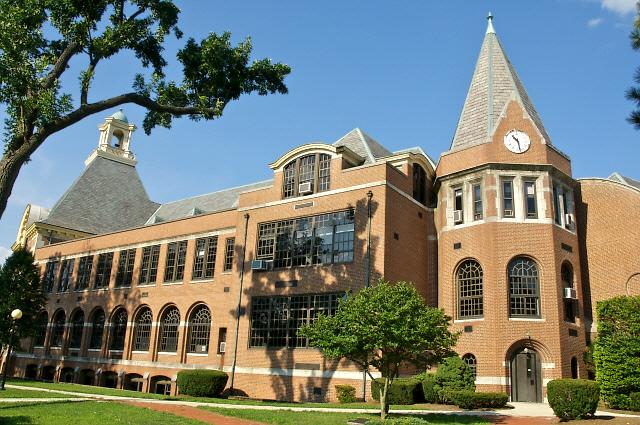From the most recent issue of School Board Notes:
Proposed salary caps for New Jersey superintendents and other central office school administrators are unnecessary and could prevent school boards from securing the best possible leaders for their education programs, according to NJSBA’s review of the proposal. The review took into account recent statute and regulations that have dramatically increased state oversight of local school district finances.
NJSBA President Ray Wiss will formally present the Association’s position to the state Department of Education on Nov. 18 during the first of four regional hearings on the proposal.
Unnecessary NJSBA supports certain aspects of the plan, including the concept of merit-based bonuses tied to educational goals and incentives for small school districts to share administrative services voluntarily. However, recent additions to state law and administrative code, such as the 2-percent property tax levy cap and the Accountability Regulations, render the proposed salary caps unnecessary.
“In practical terms, the new 2-percent tax levy cap, which is part of the governor’s toolkit to control government spending, coupled with reductions in state revenue make it financially imprudent for a school board to grant excessive compensation packages to administrators,” said Marie S. Bilik, NJSBA executive director. “Clearly, a school board that did so would have much to explain to its taxpayers and voters.
“In addition, the 2008 Accountability Regulations require all new contracts for central office administrators to receive approval from the state’s executive county superintendents. Such approval is granted only upon compliance with state-developed criteria that limit compensation, including benefits and salary increases.”
That review process is far-reaching and brings into question the need for rigid salary caps, according to NJSBA. In fact, Governor Christie relied on it last week when he instructed the executive county superintendents not to approve any superintendent contract extensions that exceed the salary caps and which would begin before the Feb. 7 effective date of the regulations.
Disadvantage “We share the goal of controlling the growth of all school district salaries and would consider reasonable constraints,” Bilik explained. “However, the limits proposed by the state might put some New Jersey school districts—especially those in areas with a high cost of living and which border other states—at a disadvantage when hiring superintendents and other administrators.”
When the proposed salary caps were introduced in the summer, NJSBA stressed that the role of the board of education is not to advocate for administrators’ salaries, but to ensure quality school leadership.
Low Administrative Costs Spending on school administration has not been a problem in New Jersey, according to federal statistics.
The latest report from the U.S. Department of Education places New Jersey’s overall spending on education administration below that of 42 other states. Compiled by the department’s National Center for Education Statistics, the data show that New Jersey public school districts devote 9.5 percent of their operating budgets to central office and school building administration, compared to a nationwide average of 10.8 percent. At the same time, the state’s spending on instruction and student support services (71.9 percent of total expenditures) is higher than the national average.
The Proposal The salary caps would be implemented through “commissioner regulations” as an amendment to the state’s Accountability Regulations without the need for approval by the state Board of Education.
Under the plan, salary caps would range from $125,000 for districts with fewer than 250 students, increasing incrementally to $175,000 for those with 6,501 to 10,000 students. Districts with more than 10,000 students would be able to apply for a waiver from the commissioner of education to exceed the top cap. The plan would also allow additional compensation in a district that operates a high school and for an individual who serves as superintendent for two or more districts. (A description of the proposal appeared in last week’s School Board Notes.)
Welcome!
Welcome to Laurie Goodman's blog. I use this space to share news and opinions about education and schools in Ridgewood, the state of New Jersey and the nation, in addition to other issues I'm personally interested in. I invite you to share your thoughts, feelings, questions or opinions, too, by posting comments on any blog entry. Please observe basic courtesy -- keep your comments focused on issues, no personal attacks or bullying, please. Contact me directly at: lauriegood@mac.com
Subscribe to:
Post Comments (Atom)





No comments:
Post a Comment